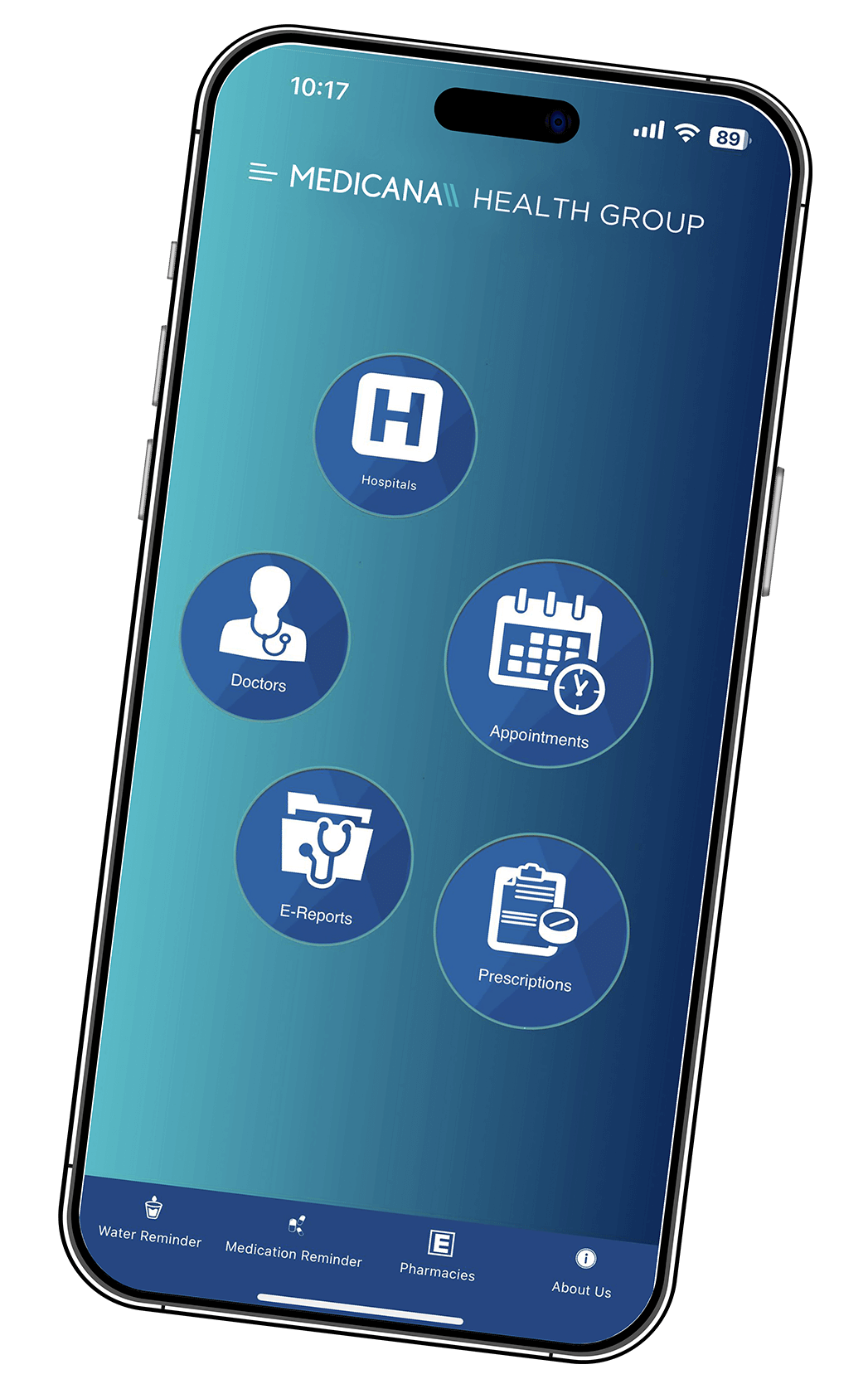Clinical Pharmacy

Clinical pharmacy, one of the integral parts of the health system, is a field that covers all aspects of the relationship between medications and people. The safe and effective use of medications, which is one of the most important tools in the fight against health problems, basically falls within the scope of clinical pharmacy.
The same way, clinical pharmacy plays an extremely critical role in detecting and managing any problems that medications can cause. On that sense, clinical pharmacy contributes to the development of health services, while also ensuring their continuation in the best way.
What is Clinical Pharmacy?
In clinical pharmacy, clinical scenarios are involved rather than dispensing and ordering medications. Many subjects from the substances in the contents of medications, materials in the devices and all other products to the recommended dose amount, from optimizing patient care to researching the possible harms and side effects of medications are under the title of clinical pharmacy.
The most important difference of clinical pharmacy compared to other types of pharmacy is that the benefit of the patient is the priority in all circumstances. Issues such as arranging the patient's medication use in the most optimal way for their health and educating the patient about this can be evaluated within the scope of clinical pharmacy. In this respect, it is possible to say that clinical pharmacy also takes place in every medical treatment process.
Why is Clinical Pharmacy Important?
Traditional pharmacy dominated the world until the 1940s; however, the pharmaceutical industry, which started to develop after the 40s and gained momentum especially after the 1970s, brought along the division of pharmacy into different branches.
Despite the fact that pharmaceutical production started to be carried out by large companies and the need for pharmacists gradually decreased, it created a need for a service that looks at the situation from the perspective of patients. This was because the patients' personal information, past health problems, previous treatments should be taken into account, and it is essential that a new treatment be compatible with other medications that they use.
What are the Duties of a Clinical Pharmacist?
Clinical pharmacists may work in a hospital as well as in community pharmacies, home care services, private clinics, the pharmaceutical industry and nursing homes. However, clinical pharmacists have a fairly broad job description. Some of their tasks are:
• Evaluating the medication treatment, making recommendations to the patient themself or their doctor depending on the situation,
• Providing evidence-based information on the safe and effective use of medications,
• Recognizing health problems that can be managed with medication therapy,
• Following the progress of the patient's health status during medication use and making suggestions for changes when necessary,
• Informing patients about medication use and educating and guiding them for effective medication use and the right dosage,
• Preventing possible mistakes that may occur during the medication use,
• Ensuring that the patient takes the most appropriate medications for their health, taking into account their current health conditions, other medications they use and all the other factors,
• Assisting in patient care in hospitals and operating rooms,
• Carrying out the necessary work for the management bodies to support and supervise the development of the pharmaceutical industry and the pharmacy profession.
When Are Clinical Pharmacists Needed?
It is possible for patients to consult clinical pharmacists individually and get information. Patients can get information and support from clinical pharmacists in the following cases:
• About the effectiveness of medications in the case of long-term health problems such as asthma, high blood pressure, arthritis or type 2 diabetes,
• Against the possible side effects of the medications they use and to ensure the compatibility of all the medications used with each other,
• In long-term use, for dose adjustment according to the medications's effectiveness level,
• After inpatient treatment in the hospital, about the medications to be used after being discharged.
Clinical pharmacists do not replace family physicians or specialist doctors. After a consultation, the clinical pharmacist will refer the patient to a physician if necessary. Physicians suggest patients receive support from clinical pharmacists in order to eliminate negative interactions by analyzing the relationship between the medications used.








